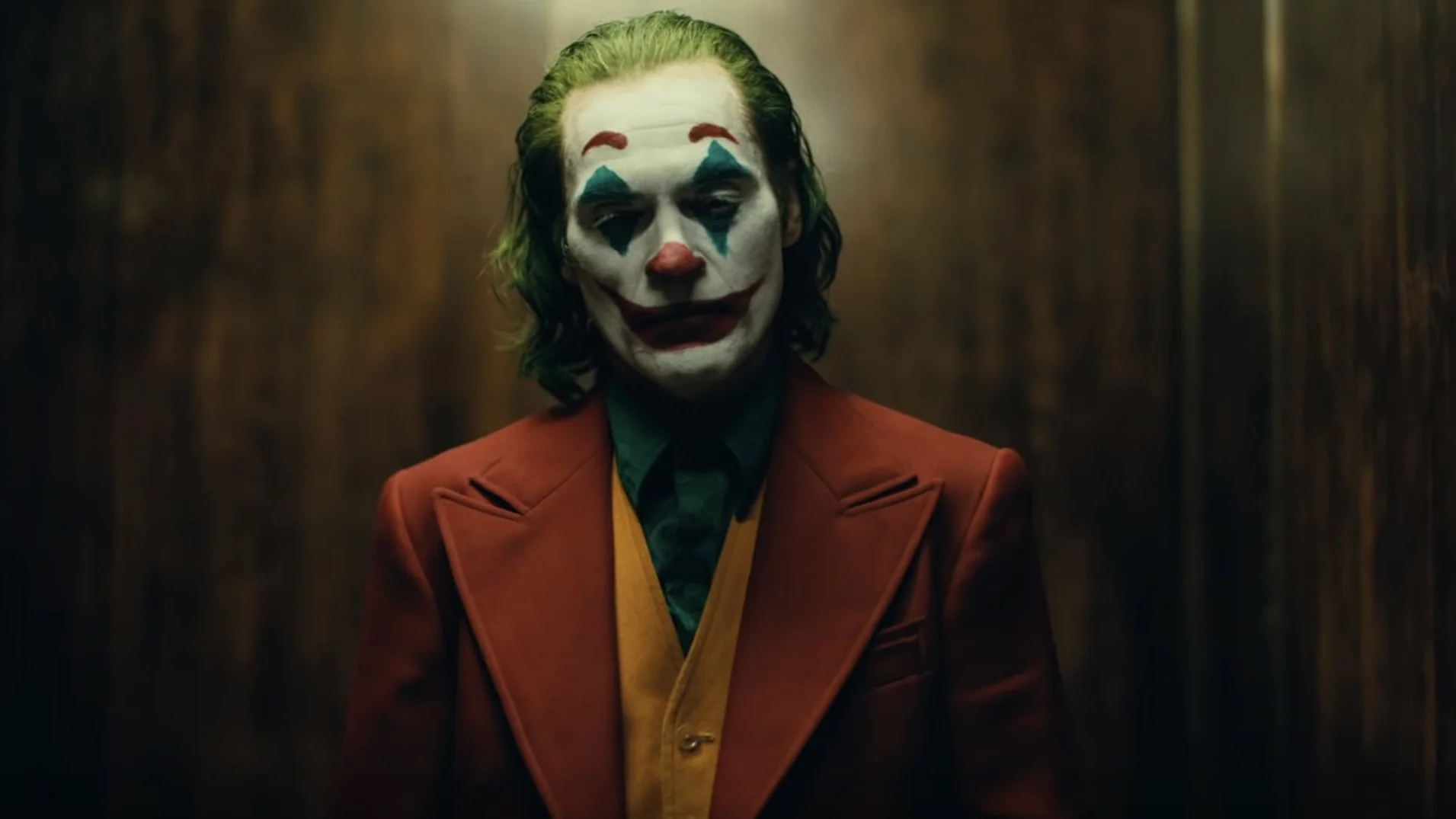Review: Joker
Director Todd Phillips has an ax to grind. In the press, leading up to the release of his latest film, Joker, he's been whining about the current "wokeness" and his inability to make the comedies he wants to make. Instead of these lame-ass white boy soundbites being just more white noise, like any other celebrity interview, they prove to be important to the thesis—or lack thereof—of Joker. You can hear Phillips' (who co-wrote the script with Scott Silver) words through one particular rant, where Arthur Fleck (Joaquin Phoenix) in full Joker regalia, goes after the people at large, condemning them for deciding what's funny and what they deem as comedy. It's a biting remark that feels entirely out of place, as up to this point, the character of Fleck has had a lust for cold blooded murder; why would he care about "PC culture" while in the middle of a crime spree? The essence of the character necessitates a dark nihilism, but the film doesn't come close to providing that unrelenting nature, as it muddles its own messages and sinks back into being just another comic book origin story, and a soapbox for those who think they deserve to be heard (they don't).
Joaquin Phoenix does amazing work as Arthur Fleck, adding another performance to his pantheon of one-of-a-kind characters. Fleck works as a clown, going to hospitals to cheer up the sick and spinning signs for closing business in the grimy center of Gotham City. He's also a fledgling stand-up comedian, working the nightclubs but getting nowhere thanks to his anti-social behavior and his neurological condition that has him laughing uncontrollably during stressful moments. He sees a state-appointed psychiatrist who provides him with medication to keep him close to functional, and he's taking care of his mother who has problems of her own. As an outcast, Fleck struggles to feel anything as the world keeps kicking him down, physically and emotionally. Then, someone at work gives him a gun, and things take a turn. For every shocking moment we're at least emotionally with Fleck because of Phoenix's work, even though the script makes every quirk of the mentally ill character just too out there for the sake of being out there, making his action ring false.
A lively Robert De Niro is miscast as Murray Franklin, the host of a talk show Fleck idolizes. As into it as De Niro seems, the nod to The King of Comedy is just that, a wink to a classic that misunderstands De Niro's charismatic strengths. Along with The King of Comedy, Taxi Driver, Martin Scorsese's other deranged-loner-in-a-big-city film, is heavily homaged. And maybe the most egregious act in the film—more egregious than blood-soaked murders—is how the wonderful Zazie Beetz is completely underutilized, essentially playing Cybill Shepherd in Taxi Driver to Phoenix's De Niro. It's not even that Beetz just plays the romantic love interest to Fleck (she does), it's that her role in the story amounts to nothing substantial, like a lot of the beats in the film, she's just there.
On a technical level, Phillips and cinematographer Lawrence Sher, who have collaborated before on The Hangover trilogy, Due Date, and War Dogs, showcase in Joker the best imagery they've ever produced. It's stunning at times, as the camera centers on Phoenix and his dangerously slimmed down physique, and in extreme close-ups of his grizzled face. In exterior shots, Gotham City engulfs the screen, leaving Fleck squeezed down in the corners of the frame; not only does Phillips crib Scorsese's work but he also takes cues from Christopher Nolan and his eye for grand cityscapes, as seen in The Dark Knight trilogy. The film's score proves to be wholly original, with Hildur Guðnadóttir providing an atmospheric other-worldly vibe, which helps elevate this comic book film above some others in the audio department.
When you really boil it down, and as much as the film tries to convince itself otherwise, Joker remains a comic book film, much to its detriment. Set in 1981, the affluent Wayne family remains in the background of Fleck's story until... they're not, and they're pushed to the forefront. Fleck is made an unlikely hero when he brutally guns down three rich male brokers who work for Wayne Enterprises. The entire city is struggling with poverty and crime, and the top patriarch, Thomas Wayne, comes forward to try and help the city by running for mayor as an "eat the rich" mentality strikes the people of Gotham. Honestly, that's just the start, and saying anymore would spoil the surprises that unfold as Joker becomes yet another run-of-the-mill origin story.
But, credit where credit is due, Todd Phillips convinced a major studio to make an ultra violent, morally corrupt, adult-focused mood piece. It's too bad it's a meandering film that only has the impression of being a dangerous work, yet is far from it. This is Henry: Portrait of a Serial Killer lite for the dude bros that have an unframed poster of Batman v Superman hanging on their wall. Take out the air of arrogance, all the comic book mythos, and you could've had something truly special—if you truly want something akin to what Joker tries to accomplish, watch You Were Never Really Here instead, which also features incredible work by Phoenix, with a director at the helm who knows exactly what kind of movie they're making.
Joker, like the film itself, proves to be hollow—both the character here and the film are seemingly dangerous, but ultimately have nothing of value worth to say. The Joker rants for all to listen, like Todd Phillips himself, and provides plenty of shock, but the message is simple: some people clearly don't need to be heard from.













